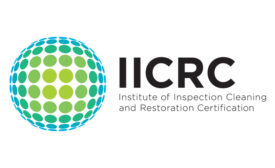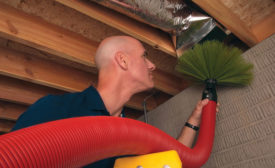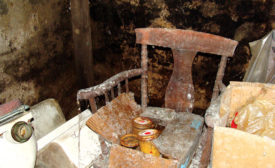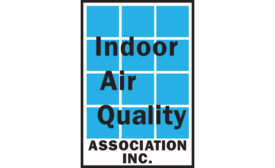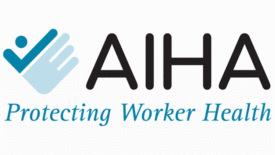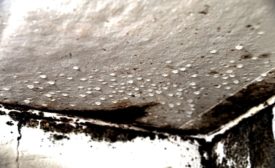Mold Remediation
ANSI/IICRC publish updates to professional mold remediation standard
Read More
New York Restoration Company Hosting State-Approved Mold Remediator Training
New law requires New York State mold remediators to be licensed, effective Jan. 1, 2016
November 2, 2015
IAQA Legislative update: October 2015
Rule changes ahead for mold, asbestos, lead & radon remediators in several states
October 22, 2015
Wonder Makers Environmental Approved as Mold Training Provider in New York
State law changes regarding mold remediators go into effect Jan. 1, 2016
October 7, 2015
Rounding Out Mold Awareness Month with a Little History Lesson
Let's talk mold... in the Bible
Read More
IAQA Legislative Update: September 2015
Legionnaire's Outbreak, Mold, Lead Paint, & More
September 23, 2015
Get our new eMagazine delivered to your inbox every month.
Stay in the know on the latest disaster restoration and remediation trends.
SUBSCRIBE TODAY!Copyright ©2022. All Rights Reserved BNP Media.
Design, CMS, Hosting & Web Development :: ePublishing
